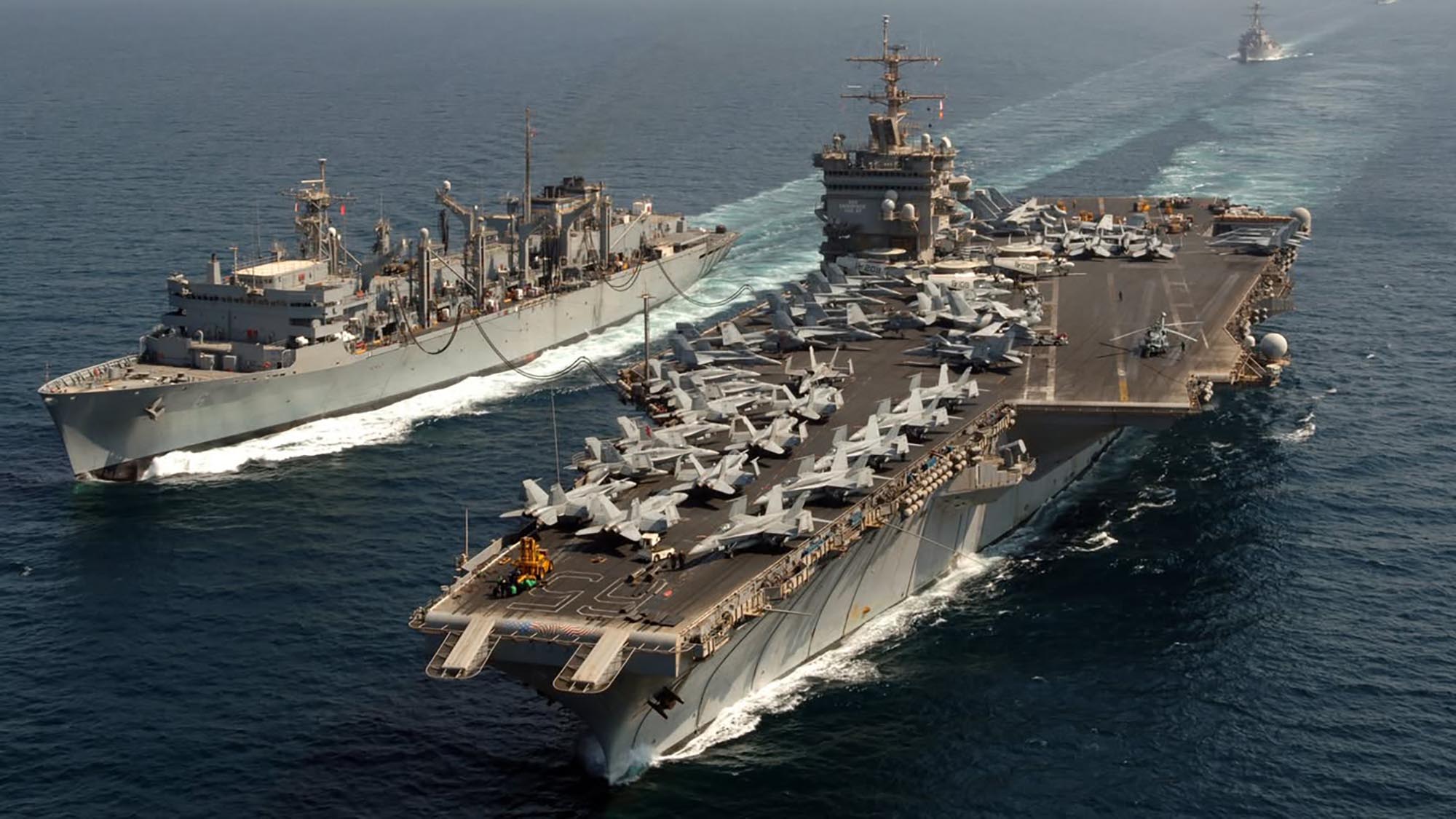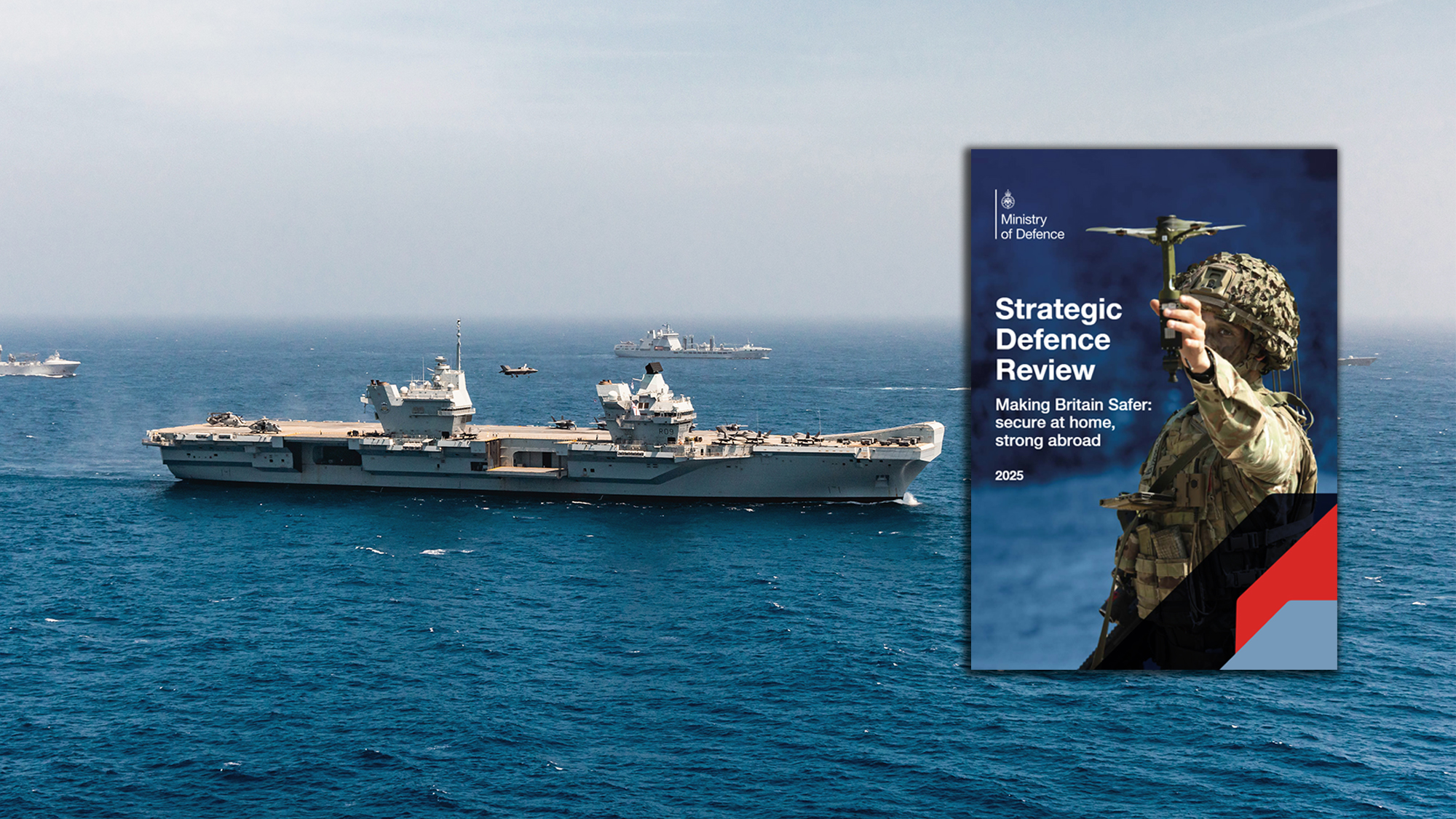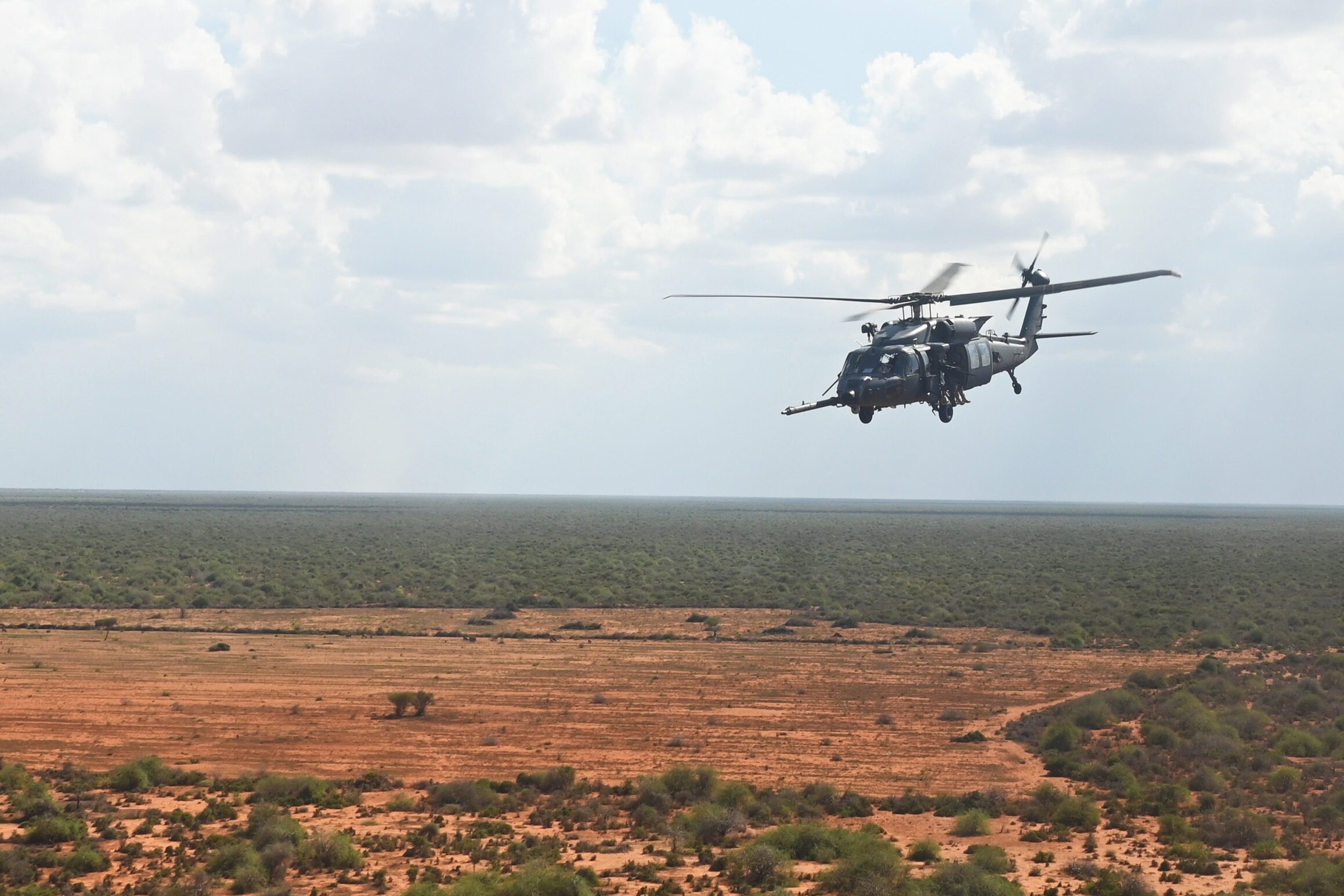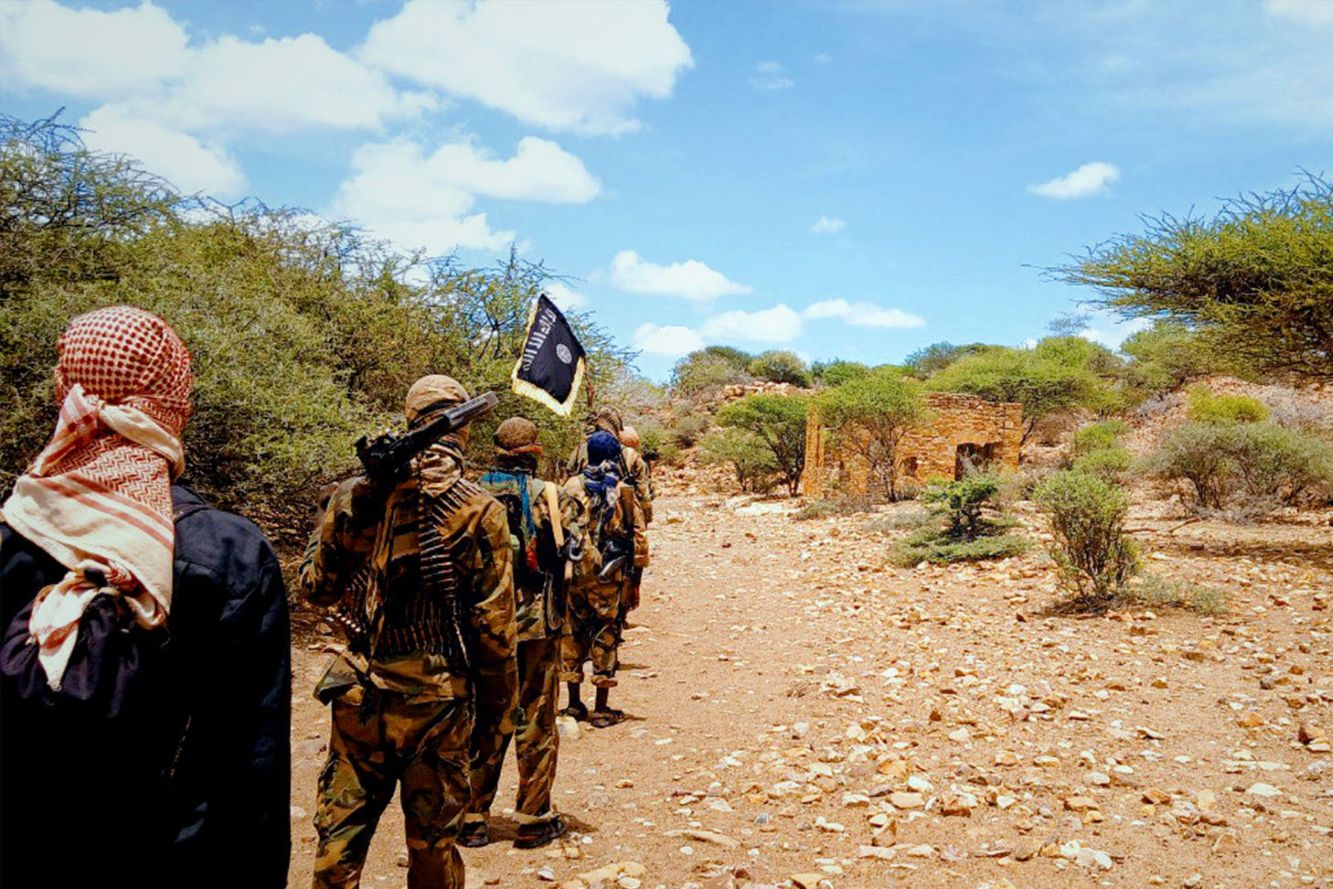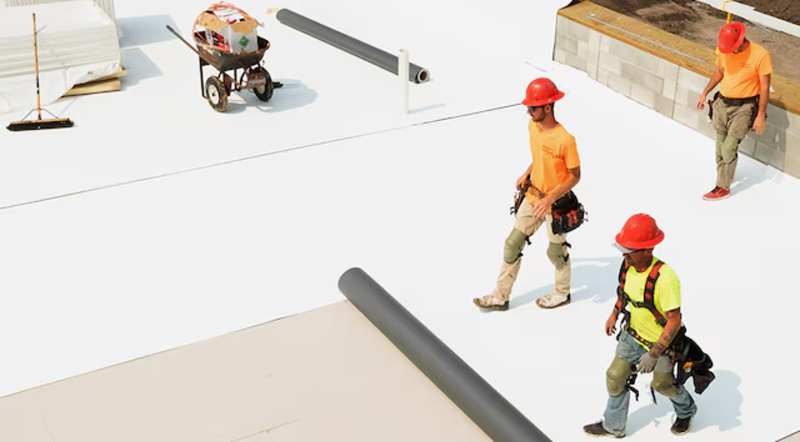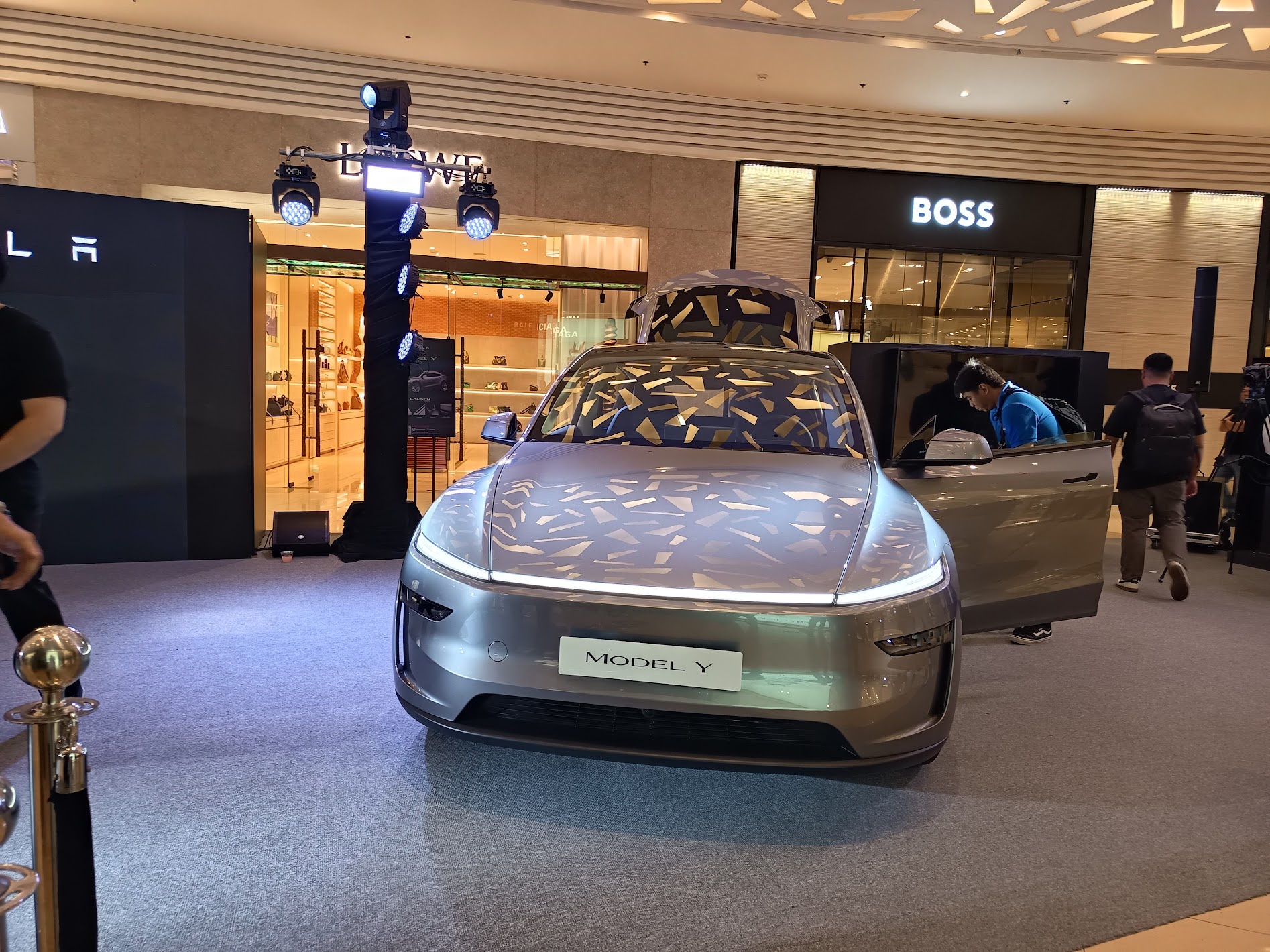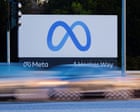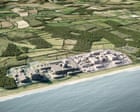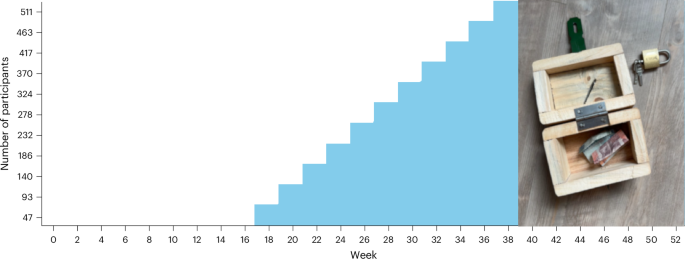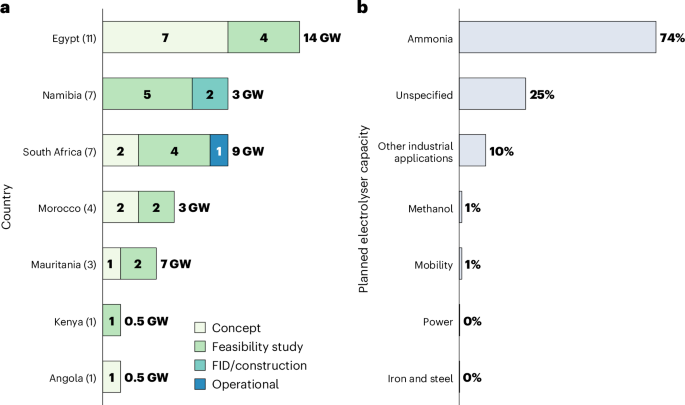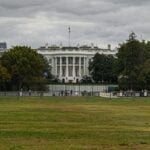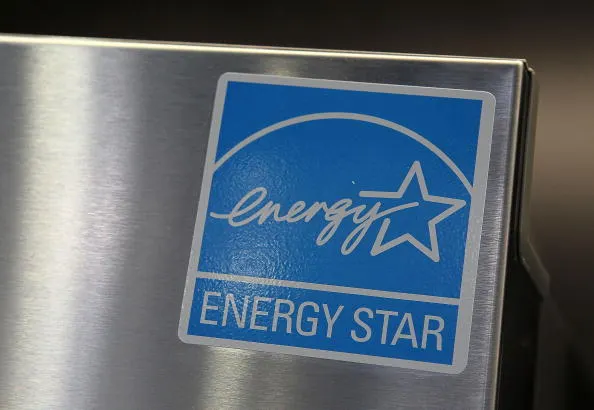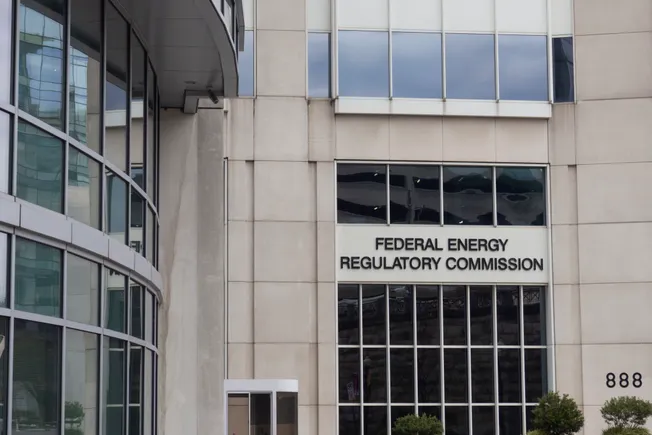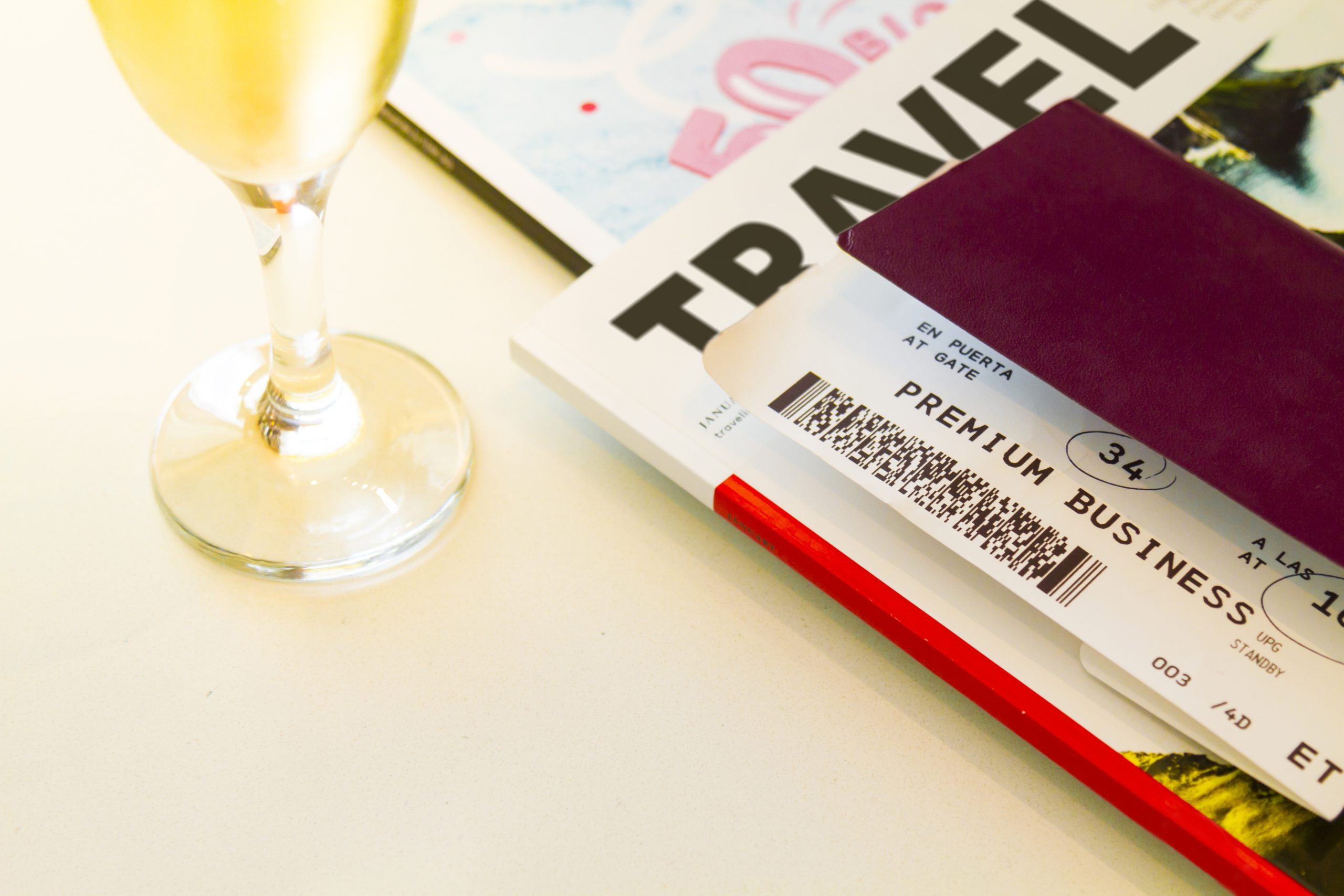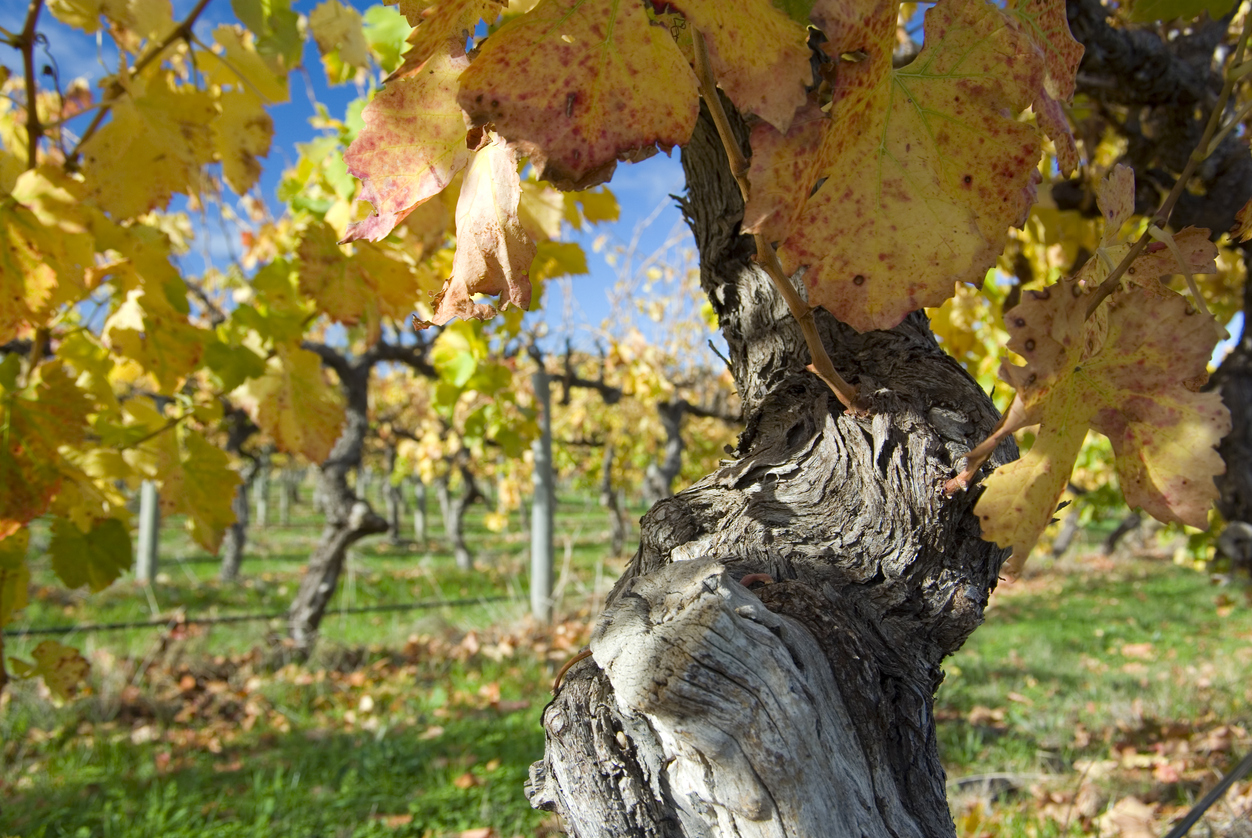The international drinks trade was stirred last week by suggestions that Saudi Arabia, a nation historically dry both in climate and consumption, might soon ease its longstanding prohibition on alcohol. However, a Saudi official moved swiftly yesterday (Monday) to dismiss reports that the kingdom was planning to lift its 73-year-old ban, calling the speculation unfounded.
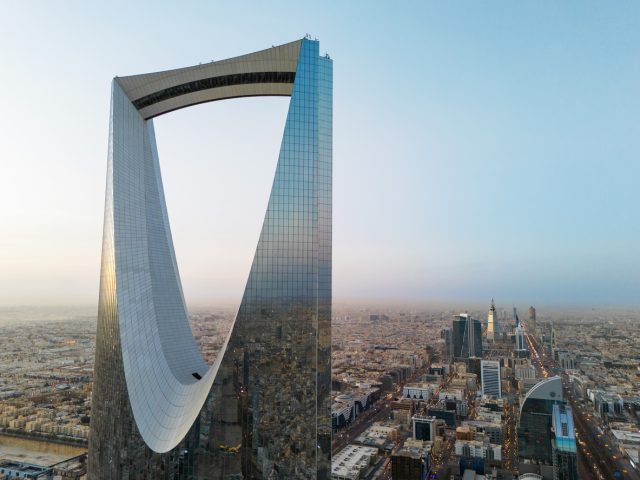
According to
Reuters, the original claim, which surfaced on a wine blog and was subsequently picked up by global media, implied that Saudi authorities intended to permit alcohol sales in select tourist zones in anticipation of hosting the 2034 FIFA World Cup. No source was cited in the initial report, leaving ample room for ambiguity.
While a broader policy shift remains officially denied, a more nuanced picture has emerged. As
db reported last year, the kingdom quietly opened its first licensed liquor store in Riyadh in January 2024. Access is strictly limited to non-Muslim diplomats and the store is situated in the capital’s diplomatic quarter. Entry is tightly controlled through an app known as Diplo and mobile phone use inside the premises is prohibited to avoid public circulation of images.
Relaxation of rules
The store, reportedly “extremely well stocked” according to one Western diplomat, is subject to monthly purchasing quotas. It marks a symbolic, if restricted, shift in a country where alcohol has until now only been accessible via diplomatic channels or the black market. The development is also seen as a measure to curb smuggling and to lay the groundwork for a possible broader relaxation of the rules, albeit in a highly controlled and gradual manner.
Saudi Arabia’s Crown Prince Mohammed bin Salman, widely regarded as the kingdom’s de facto ruler, has championed an ambitious reform agenda under Vision 2030. His programme aims to diversify the oil-reliant economy and reposition Saudi Arabia as a hub for tourism, technology and investment. Some very modest social liberalisation has accompanied this economic push, from permitting concerts and cinemas to relaxing restrictions on gender segregation and allowing women to drive.
Spiritual heart of Islam
The question of alcohol, however, remains fraught. The country’s monarch, King Salman, holds the title of Custodian of the Two Holy Mosques, reflecting Saudi Arabia’s status as the spiritual heart of Islam. Both Saudi Arabia and neighbouring Kuwait remain the only Gulf states that maintain a total prohibition on alcohol. For foreigners, drinking can lead to deportation; for citizens, the consequences can be harsher still, including imprisonment or public flogging.
Yet Saudi Arabia’s efforts to polish its global image are hard to ignore. The kingdom has signed international stars like Cristiano Ronaldo and Sadio Mané to its football league, while vast development projects like Neom, a futuristic linear megacity, promise resort-style enclaves where, it is whispered, wine bars and cocktail lounges may someday discreetly operate just offshore.
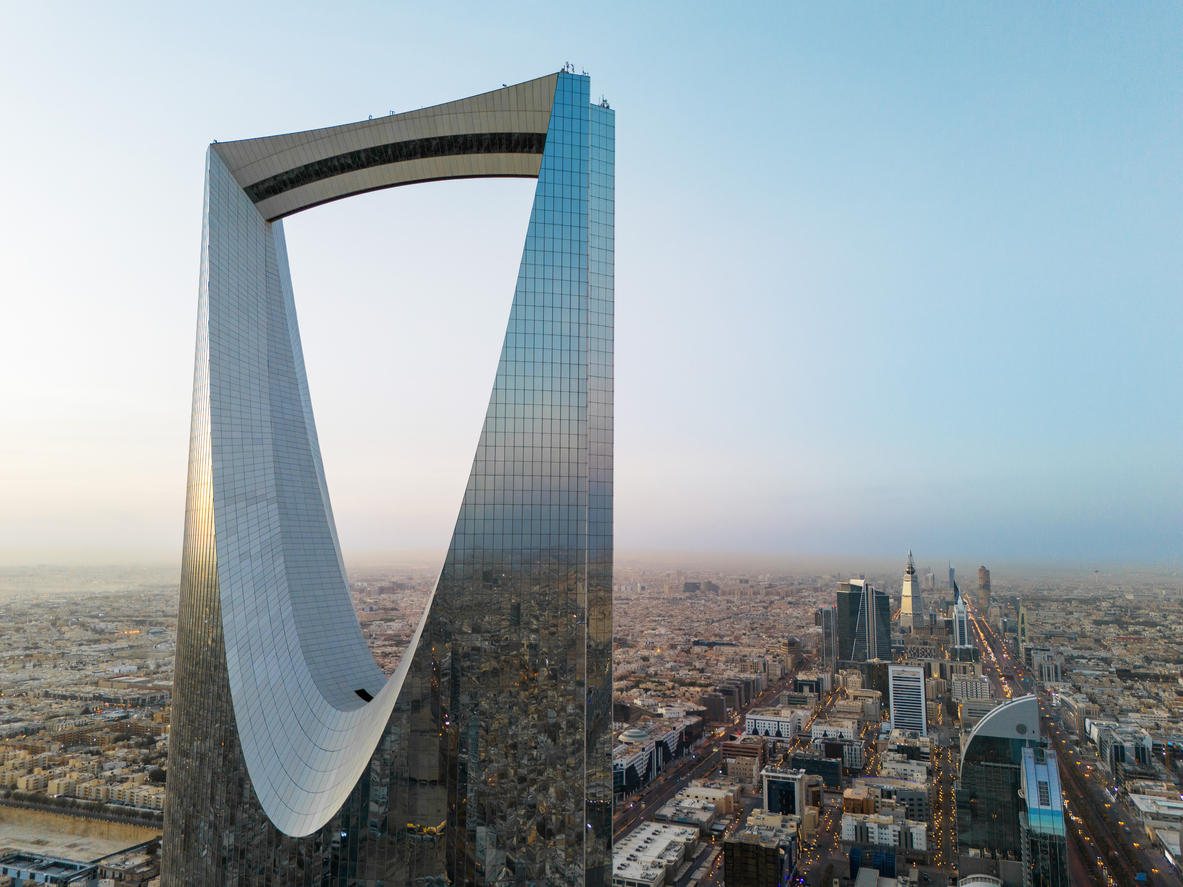
 According to Reuters, the original claim, which surfaced on a wine blog and was subsequently picked up by global media, implied that Saudi authorities intended to permit alcohol sales in select tourist zones in anticipation of hosting the 2034 FIFA World Cup. No source was cited in the initial report, leaving ample room for ambiguity.
While a broader policy shift remains officially denied, a more nuanced picture has emerged. As db reported last year, the kingdom quietly opened its first licensed liquor store in Riyadh in January 2024. Access is strictly limited to non-Muslim diplomats and the store is situated in the capital’s diplomatic quarter. Entry is tightly controlled through an app known as Diplo and mobile phone use inside the premises is prohibited to avoid public circulation of images.
According to Reuters, the original claim, which surfaced on a wine blog and was subsequently picked up by global media, implied that Saudi authorities intended to permit alcohol sales in select tourist zones in anticipation of hosting the 2034 FIFA World Cup. No source was cited in the initial report, leaving ample room for ambiguity.
While a broader policy shift remains officially denied, a more nuanced picture has emerged. As db reported last year, the kingdom quietly opened its first licensed liquor store in Riyadh in January 2024. Access is strictly limited to non-Muslim diplomats and the store is situated in the capital’s diplomatic quarter. Entry is tightly controlled through an app known as Diplo and mobile phone use inside the premises is prohibited to avoid public circulation of images.











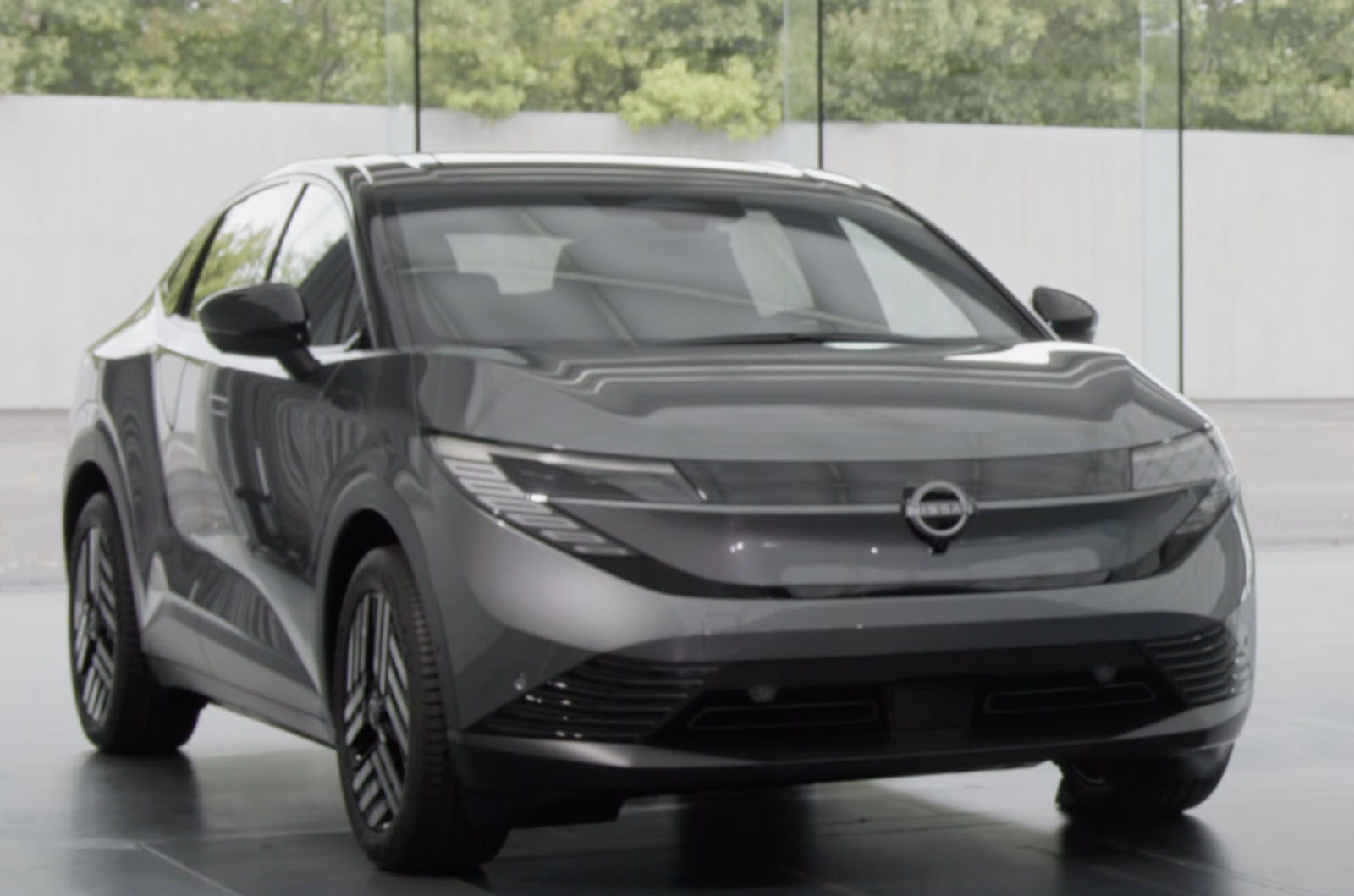

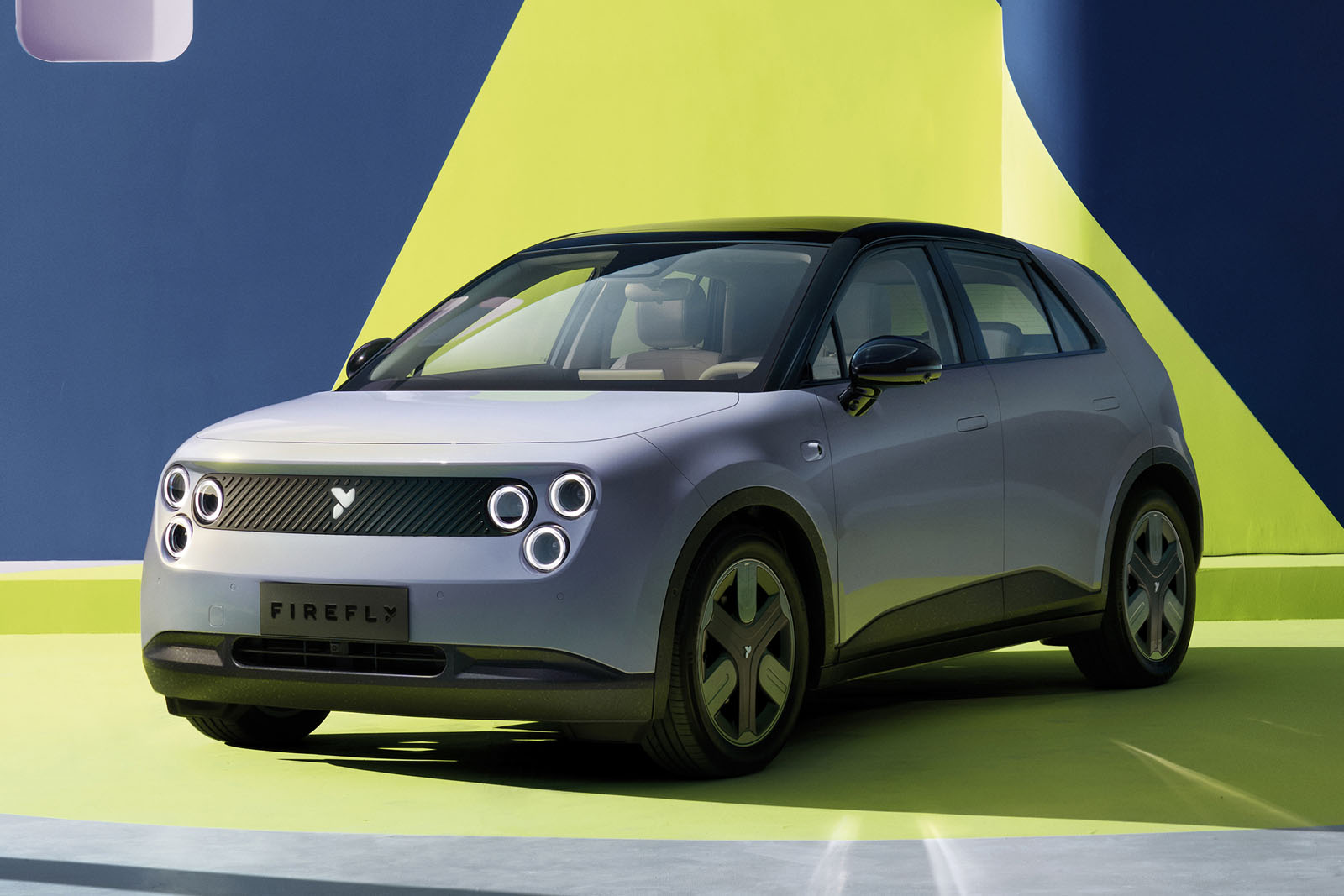
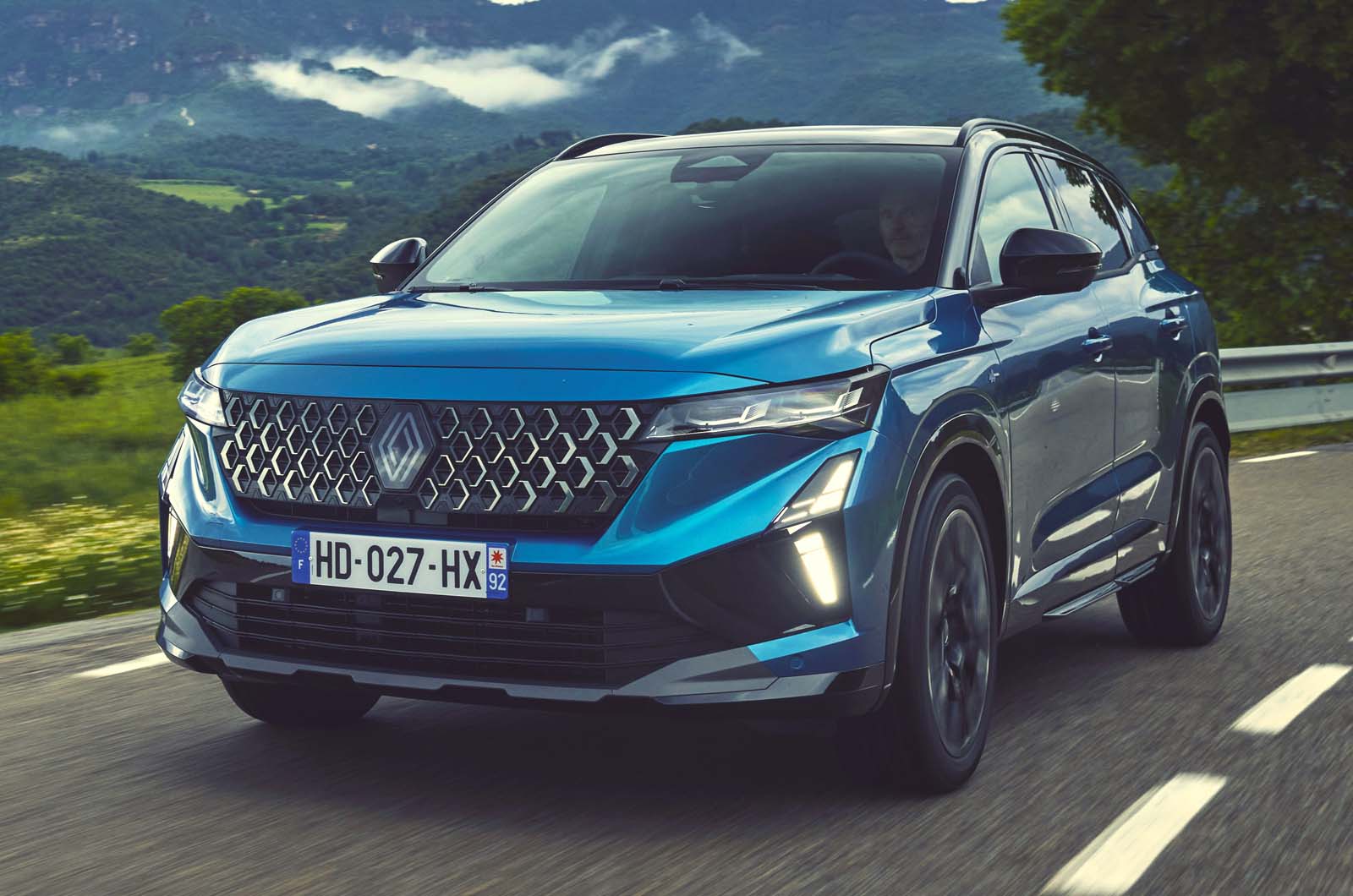









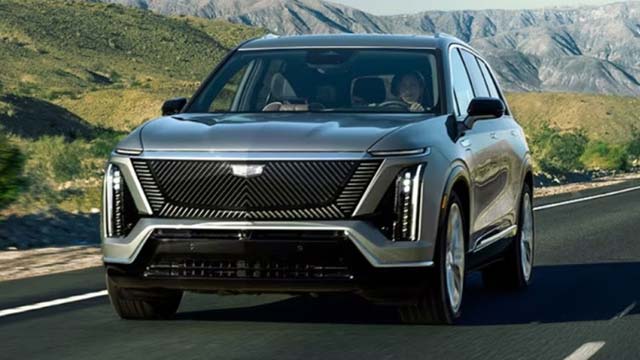


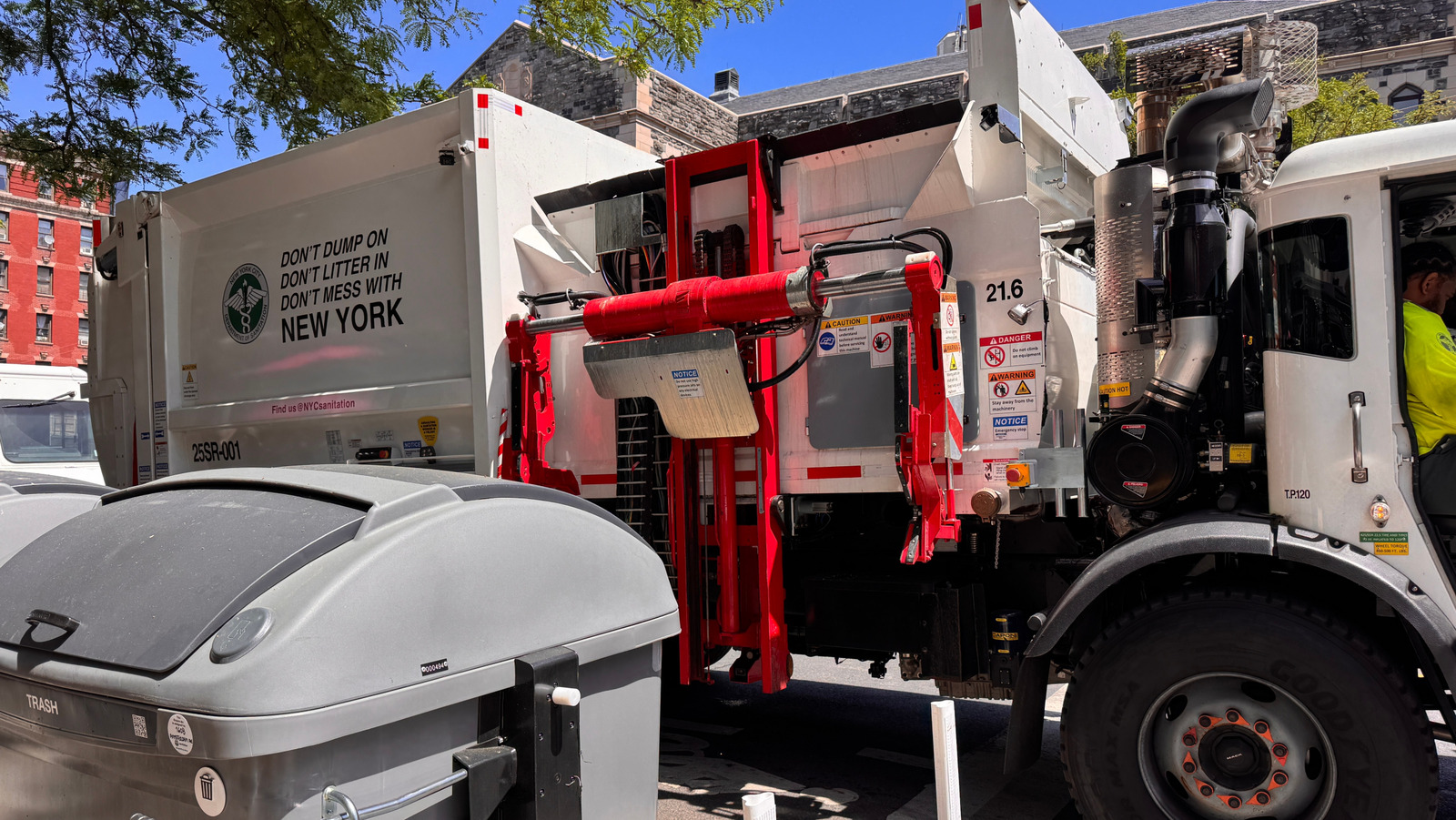


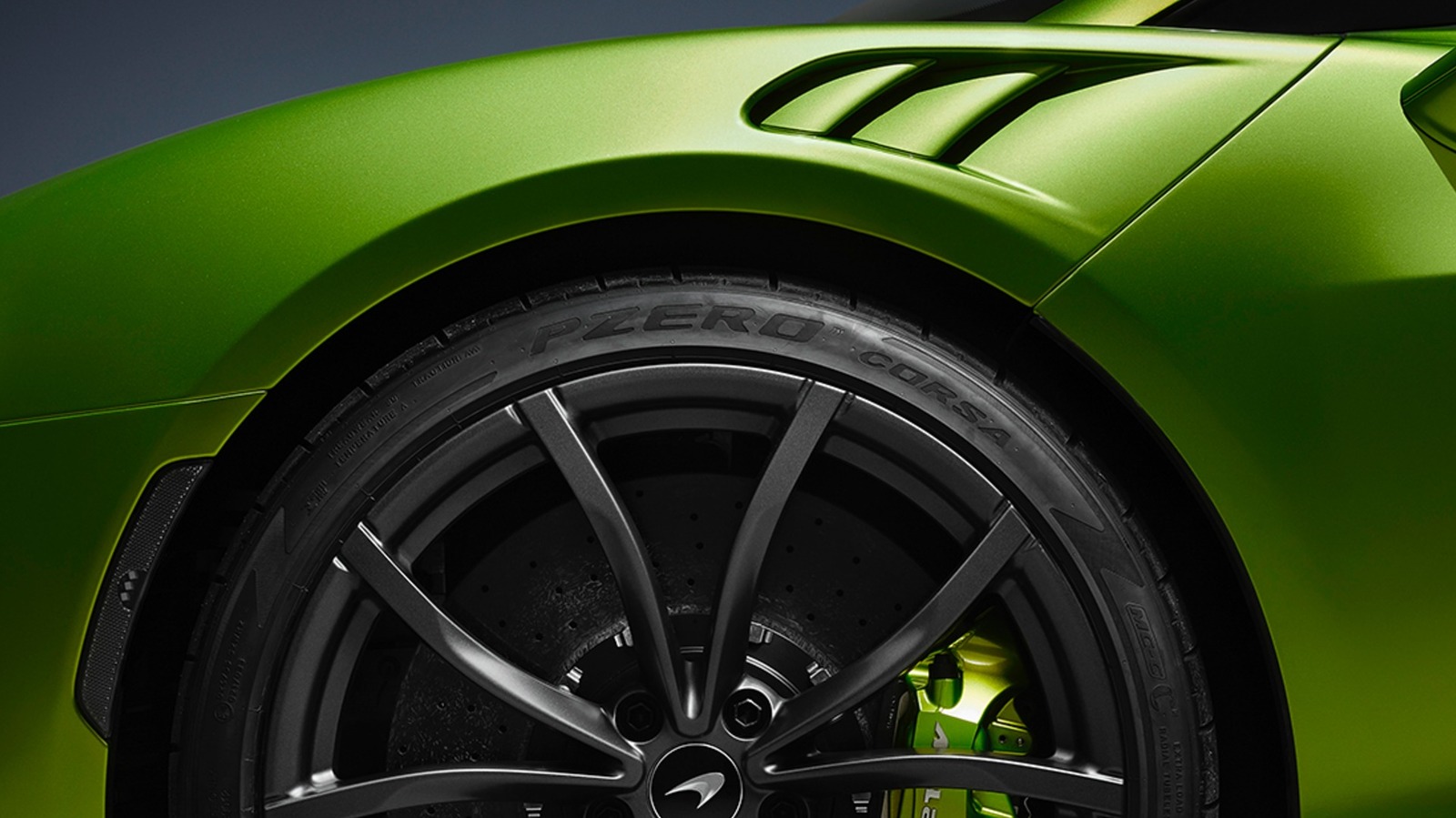











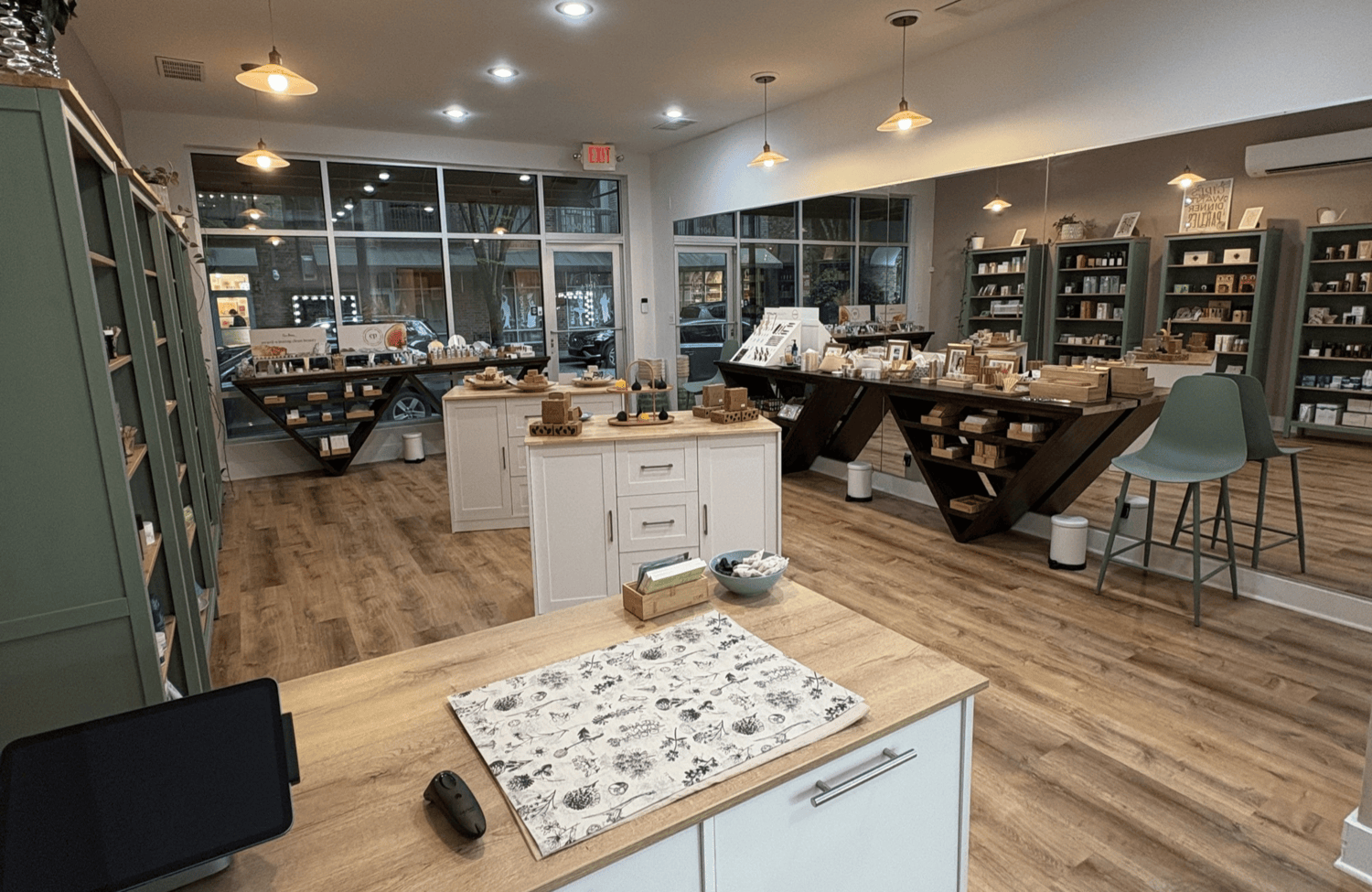
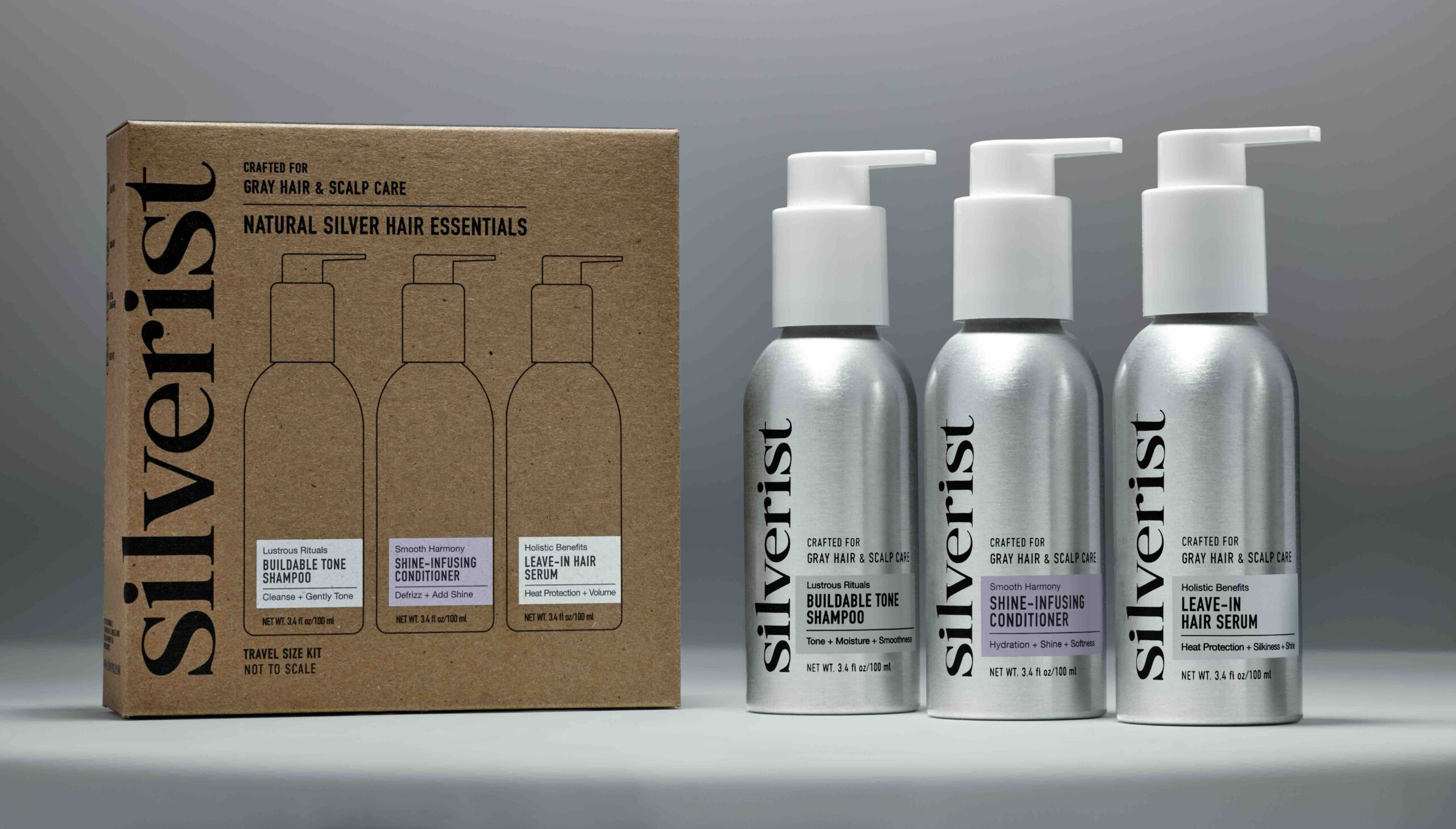


















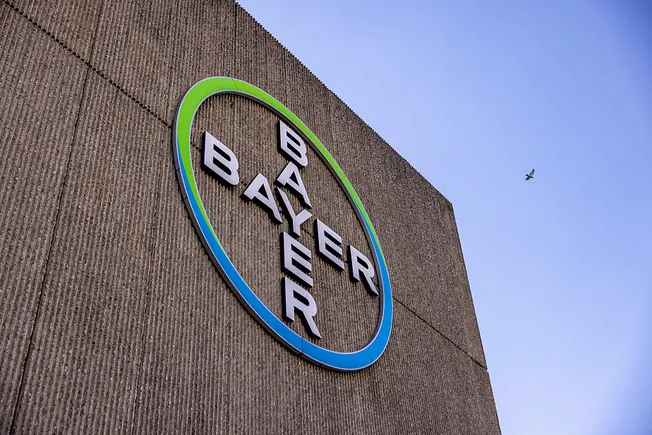


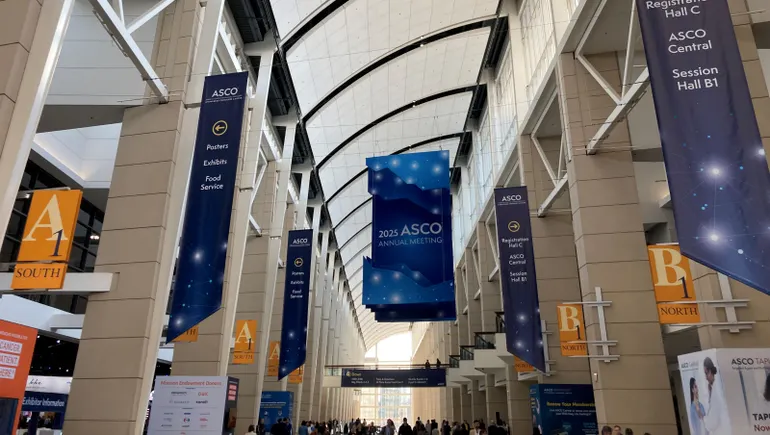



















![[Video] The Weekly Break Out Ep. 20: Pacific policy in Singapore and the UK’s new defense plan](https://breakingdefense.com/wp-content/uploads/sites/3/2025/06/Break-Out-ep-20-thumb-Play-Button.jpg?#)











